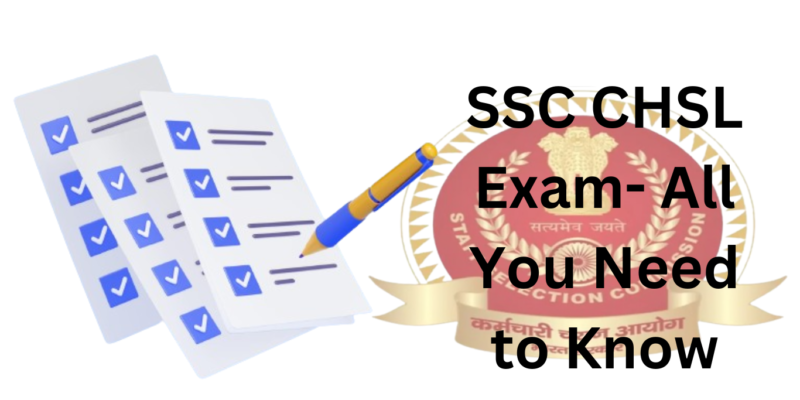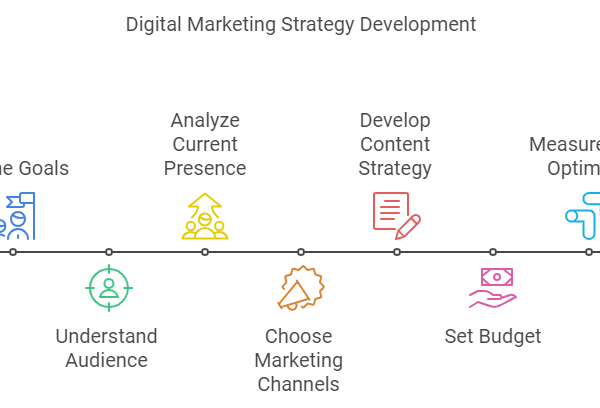
If you’re gearing up for the SSC CHSL (Staff Selection Commission Combined Higher Secondary Level) exam, understanding the syllabus is your first crucial step. This exam opens doors to various posts in the central government, such as Lower Division Clerk (LDC), Data Entry Operator (DEO), Postal Assistant (PA), and Sorting Assistant (SA). A thorough grasp of the syllabus can greatly enhance your preparation strategy and increase your chances of success.
What is the SSC CHSL Exam?
The SSC CHSL exam is a competitive test conducted by the Staff Selection Commission to recruit candidates for different government departments and ministries. It’s a popular exam because it offers stable job opportunities with good career growth prospects. The exam is divided into three tiers:
Tier I: Computer-Based Examination (Objective Type)
Tier II: Descriptive Paper (Pen and Paper Mode)
Tier III: Skill Test/Typing Test (for certain posts)
Understanding the SSC CHSL Syllabus
The SSC CHSL syllabus is designed to assess a candidate’s aptitude and knowledge in various areas. Here’s a breakdown of what you need to know:
Tier I: Computer-Based Examination
1. General Intelligence and Reasoning
This section evaluates your logical and analytical abilities. It includes:
Analogy: Identifying relationships between pairs of words, numbers, or symbols.
Series: Recognizing patterns and completing number or letter series.
Coding-Decoding: Figuring out the code for given words or numbers.
Blood Relations: Understanding relationships among family members.
Direction Sense: Solving problems related to direction and distance.
Non-Verbal Reasoning: Analyzing patterns in figures and shapes.
2. General Awareness
This section tests your knowledge of current events and general knowledge. It covers:
History: Key events, personalities, and movements.
Geography: Important countries, capitals, and geographical terms.
Polity: Structure of government, constitution, and fundamental rights.
Economics: Basic economic concepts and current economic affairs.
Science: Basic principles of physics, chemistry, and biology.
3. Quantitative Aptitude
This section assesses your mathematical skills through problems related to:
Number Systems: Whole numbers, decimals, fractions, and percentages.
Algebra: Basic equations and inequalities.
Geometry: Properties of shapes, areas, and volumes.
Trigonometry: Ratios, heights, and distances.
Mensuration: Calculation of areas and volumes.
Statistics: Mean, median, mode, and standard deviation.
4. English Language
This section evaluates your command over the English language through:
Grammar: Sentence structure, parts of speech, and punctuation.
Vocabulary: Synonyms, antonyms, and word usage.
Comprehension: Understanding and interpreting passages.
Sentence Correction: Identifying and correcting errors in sentences.
Tier II: Descriptive Paper
1. Essay Writing
You will be required to write an essay on a given topic. This assesses your ability to express ideas coherently and logically. Topics could range from current events to social issues and general topics.
2. Letter/Application Writing
You may need to write formal letters or applications. This evaluates your ability to convey information clearly and appropriately in a formal context. The topics might include job applications, complaints, requests, or suggestions.
3. Precis Writing
This involves summarizing a given passage into a concise form while retaining the essential information. It tests your ability to distill information and present it briefly.
Tier III: Skill Test/Typing Test
1. Typing Test
For posts like LDC, PA, and SA, you need to demonstrate typing speed and accuracy. The test involves typing a passage in English or Hindi, depending on the post you’re applying for.
2. Skill Test
For Data Entry Operators (DEOs), a skill test is conducted to assess your data entry skills. This includes entering data at a required speed and accuracy.
Preparation Tips
Understanding the syllabus is just the beginning. Here are some tips to help you prepare effectively:
Create a Study Plan: Break down the syllabus into manageable sections and allocate specific times for each topic. Stick to your plan and adjust as needed.
Use Quality Study Material: Choose reliable books and online resources that cover the entire syllabus. Practice previous years’ papers and mock tests to get a feel for the exam pattern.
Revise Regularly: Regular revision helps reinforce your knowledge and improve retention. Make summary notes for quick revision.
Stay Updated: For the General Awareness section, stay updated with current events by reading newspapers and following reliable news sources.
Practice Typing and Data Entry: If you’re applying for posts that require typing or data entry skills, practice regularly to improve your speed and accuracy.
Take Care of Your Health: Maintain a healthy study routine with proper breaks, sleep, and nutrition. A healthy mind and body are crucial for effective preparation.
Conclusion
A thorough understanding of the SSC CHSL syllabus is essential for effective preparation. By breaking down the syllabus into manageable sections and following a structured study plan, you can enhance your chances of success. Remember, consistent effort and smart preparation strategies are key to excelling in the SSC CHSL exam. Good luck with your preparation!
Also read Exploring Career Opportunities After Clearing SSC CHSL Exam.











